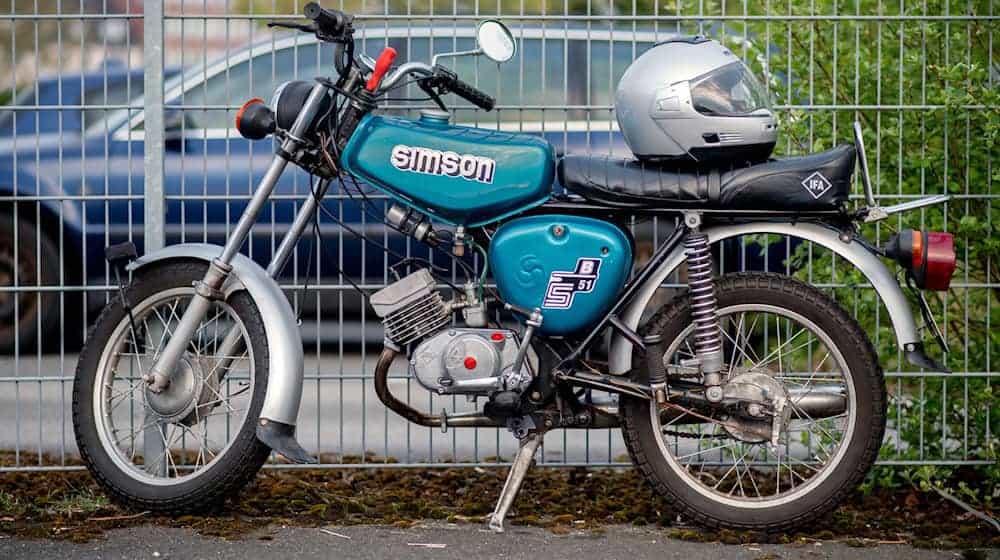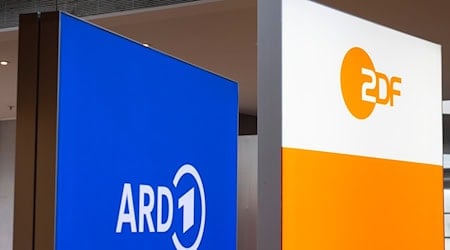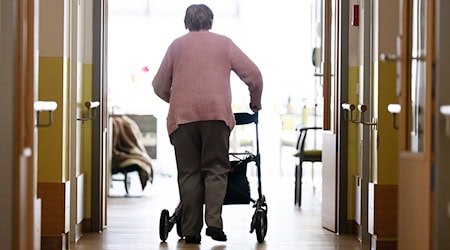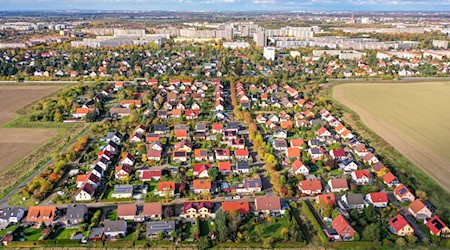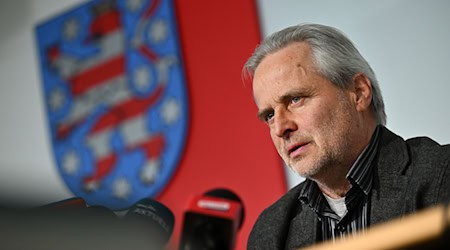There are thousands of them rattling along East German roads - Simson mopeds from Suhl in Thuringia. The vehicles built in the GDR era with names such as Schwalbe, Star, Sperber or S50/51 have cult status, especially among young people, partly because of a special provision in the Unification Treaty: unlike other mopeds, the two-strokes were allowed to travel at 60 km/h if they were registered in the GDR. This did not apply to Simson re-imports; like other mopeds, they could only travel at 45 kilometers per hour. Thuringia's state parliament and state government now want to change this, initially in Thuringia - and possibly nationwide.
"Simson is Thuringia, Simson is freedom on two wheels, Simson is a way of life," said Minister President Mario Voigt (CDU) in an emotional and nostalgic debate in the state parliament in Erfurt. "We want to make Simson riding affordable and legally compliant." Re-imports would increase supply and curb black market prices, said Voigt.
Tempo 60 demanded for all Suhl Simson mopeds
According to Thuringia's Transport Minister Steffen Schütz (BSW), almost six million Simson two-wheelers were built in Suhl and exported to countries including Hungary and Bulgaria. Production has been discontinued for a long time, and the final end for a small follow-up production came in 2002. Schütz said that the state government was in talks with the federal government about a special regulation for re-imports. "We are committed to ensuring that all mopeds built in Suhl can be ridden at 60."
Thuringia's head of government accused the AfD parliamentary group with its right-winger Björn Höcke of using the Simson mopeds for its own purposes. They wanted to turn the Simson brand into "a symbol of demarcation". Höcke, who comes from West Germany, says he invites young people to Simson tours, with around 400 riders taking part recently. The brand is also important for the identity of young people, but also stands for protest, said Höcke in the state parliament.
AfD accused of appropriating the brand
Competing motions, which in essence should also allow special status for re-imports, were submitted by the CDU, BSW and SPD coalition parliamentary groups and the opposition AfD parliamentary group. The governing coalition's motion entitled "Welcome home - simplified approval for re-imported Simson mopeds" was ultimately passed with the votes of the governing coalition and the AfD parliamentary group. The AfD motion, which also provided for the inclusion of the Simson brand in the Thuringian list of cultural assets, did not receive a majority.
During the state parliament debate, MPs described their Simson experiences or those of their children. CDU MP Niklas Waßmann described the typical rattling of the small two-strokes as the "sound of youth", while Left Party MP Andreas Schubert spoke of an "icon from Thuringia". Simson mopeds, whose prices have risen in recent years due to high demand, are not just memorabilia, but "a practical piece of mobility", said Waßmann.
Thuringia should also make it possible to convert them with electric motors, said BSW MP Roberto Kobelt. SPD MP Moritz Kalthoff recalled that the Jewish owners of the Simson factory in Suhl had been expropriated by the National Socialists in the 1930s.
Copyright 2025, dpa (www.dpa.de). All rights reserved

